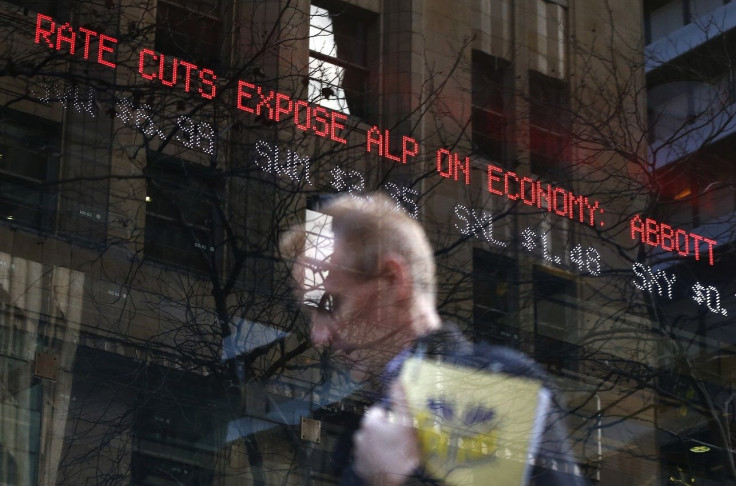Australia Warned Of Recession Risk

A prominent analyst has warned of a recession in Australia as the country will end a boom once in a hundred years. Gerard Minack predicted that the recession could happen in the next couple of years.
The analyst believes in the possibility of a recession as the mining industry continues to slide. In an interview with The Business, Minack explained the reasons that made him say Australia has a good chance of posting at least two consecutive quarters of economic contraction.
According to Minack, employment is one indicator he is monitoring. “The underlining fundamentals remain weak but to tip us over the edge from this sort of low growth phase we’ve been for 18 months, you really need job losses,” said the analyst.
Minack explained that the big issue for employment moving forward and into 2017 is the acceleration of the “capex decline.” ABC reports that he was also concerned about the car industry shutting down. However, the residential sector was not clear to him as it has been an important contributor to employment in Australia for 2015.
When asked about the actual chances of a recession happening in the next couple of years, Minack said he would be surprised if they avoided recession given the size of the adjustment the country has to go through in the next three to four years.
Meanwhile, the sell-off in the bond market is a financial markets “blip” and not a sign of improvement in global economic conditions. Stephen Roberts, chief economist at the fund manager Altair Asset Management, believe that higher bond yields have become an effect of a market “that had rallied too far,” reports SMH.
Roberts said that nowhere was the case for a bond rally stronger than in Australia. He added that it was not possible to predict when the house price bubble will pop but if it does in the next year or two, the risk that Australia could experience a recession is “quite high.”
The prediction supports the case for further interest rate reductions from the Reserve Bank of Australia including the sell-off in equities led by bank shares. According to Westpac, the bulk of the bond sell-off has passed. The bank compared the rise in bond yields to more aggressive U.S. 10-year taper tantrum at this point.
(To report problems or leave feedback on this article, contact: r.su@ibtimes.com.au)






